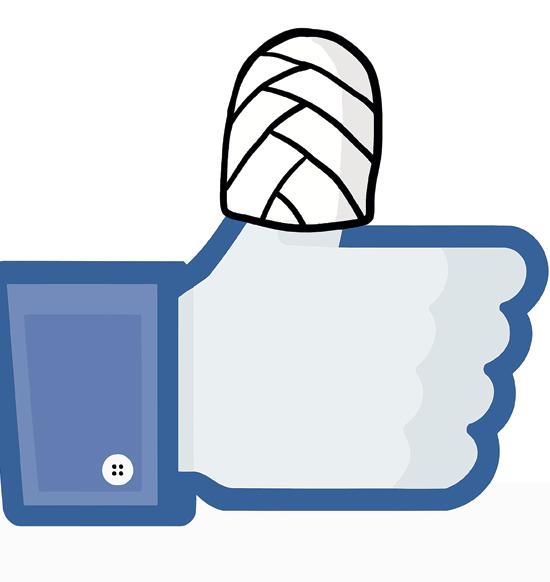According to McAfee's latest annual study, the Tweens, Teens and Technology 2014 report, half (50%) of youth surveyed have had an experience of cyberbullying (either self or peers), of which one-third (36%) have been cyberbullied themselves. The guide tries to go beyond the monitor

Cyber crime
Cop-speak
The number of people reporting cases of cyberbullying has increased with time. However, this is due to awareness of people, and the fact that they know that we have a cyber crime department and that there can be a solution. Awareness through media has helped us spread a word about the Cyber Crime Investigation Cell. In addition to the Cell, Mumbai also has a Cyber Crime police station in Bandra Kurla Complex. Most people who report to us are adults and the maximum complaints are related to bullying and threats on Facebook. Based on the complaint, we prepare a plan of action.
— Nandkishor More, ACP (Cyber Division)
Log on to: cybercellmumbai.gov.in/
ADVERTISEMENT

Be aware of the bully
Students share a different comfort level with teachers; there have been times when students come up and discuss such issues with us. Of the cases that have been reported to us, most of the bullying happens on Facebook as compared to Whatsapp, as you can create fake profiles. Also, today, when kids are researching online or studying, they are simultaneously logged in to social networking websites too, many-a-times, late in the night.

Even very good friends consider this as being 'available' and that's when all the propositioning starts. The problem with cyberbullying is that a lot of victims don't realise that it is happening to them. As for younger children, today parents pride themselves of their kids being tech-savvy. But with services such as Whatsapp, videos and sound clips get passed around, unnoticed and uncensored. While cellphones are necessary to stay connected with your children, for young kids, I would suggest if parents give mobiles, do not activate the Internet, or make use of child locking.
— Shamali Gupta, Principal, Institute of Mass Media, MET League of Colleges, Mumbai

Parents, step in
Dependency on social media and online acceptance has been on the rise among individuals who are shy, withdrawn and low in confidence. This gives them an easy indirect medium to put themselves out there without the fear of being judged or accepted. People who are over-confident, self-centred and loud use this medium for constant attention, appreciation and self-approval. Individuals who are self-sufficient, confident, focused and balanced may use social media for certain benefits but may not become over dependent and make it their entire world. Children need to be explained about the use, misuse and abuse of social media sites too. Children understand and obey rules more so when parents justify their dos and don'ts than just being strict with them. So, if parents explain to the child about the advantages and disadvantages, consequences of excess use or dependency on social media, and cyber crimes, they would willingly take precautions and use social media wisely. Do not only keep pressurising children with the negatives of social media. Because as soon as children find parents too controlling, they might choose to step out and experiment even more.
— Dr Anjali Chhabria, psychotherapist and psychiatrist

About the survey
McAfee Tweens, Teens & Technology 2014 report was conducted through a survey of 1,420 online tweens aged
8-12 years and teens aged 13-17 years, from Mumbai, Delhi, Chennai, Bengaluru, Hyderabad, Ahmedabad and Pune. Despite 80% of the participants being aware that their online activity can affect their identity, 92% had posted something risky online. 46% said that their parents have had a conversation about online safety. Others informed that their parents simply don't care (52%).
Don't be a slave to social media
Individuals lack one-to-one communication as they tend to get hooked on to their phones checking these social media sites in their free time. Chhabria tells us that it has been observed that people who are over-dependent on social media become more conscious about themselves, making them low in self-confidence and introverted. Social media obsession has also made people lonely, isolated and withdrawn as they have forgotten how to converse and maintain relations face to face. Lastly, dependency on social media also makes one prone to making random friends, which in some cases leads to cyber sex, cyber crime, stalking, kidnapping, etc., warns Chhabria.
 Subscribe today by clicking the link and stay updated with the latest news!" Click here!
Subscribe today by clicking the link and stay updated with the latest news!" Click here!







